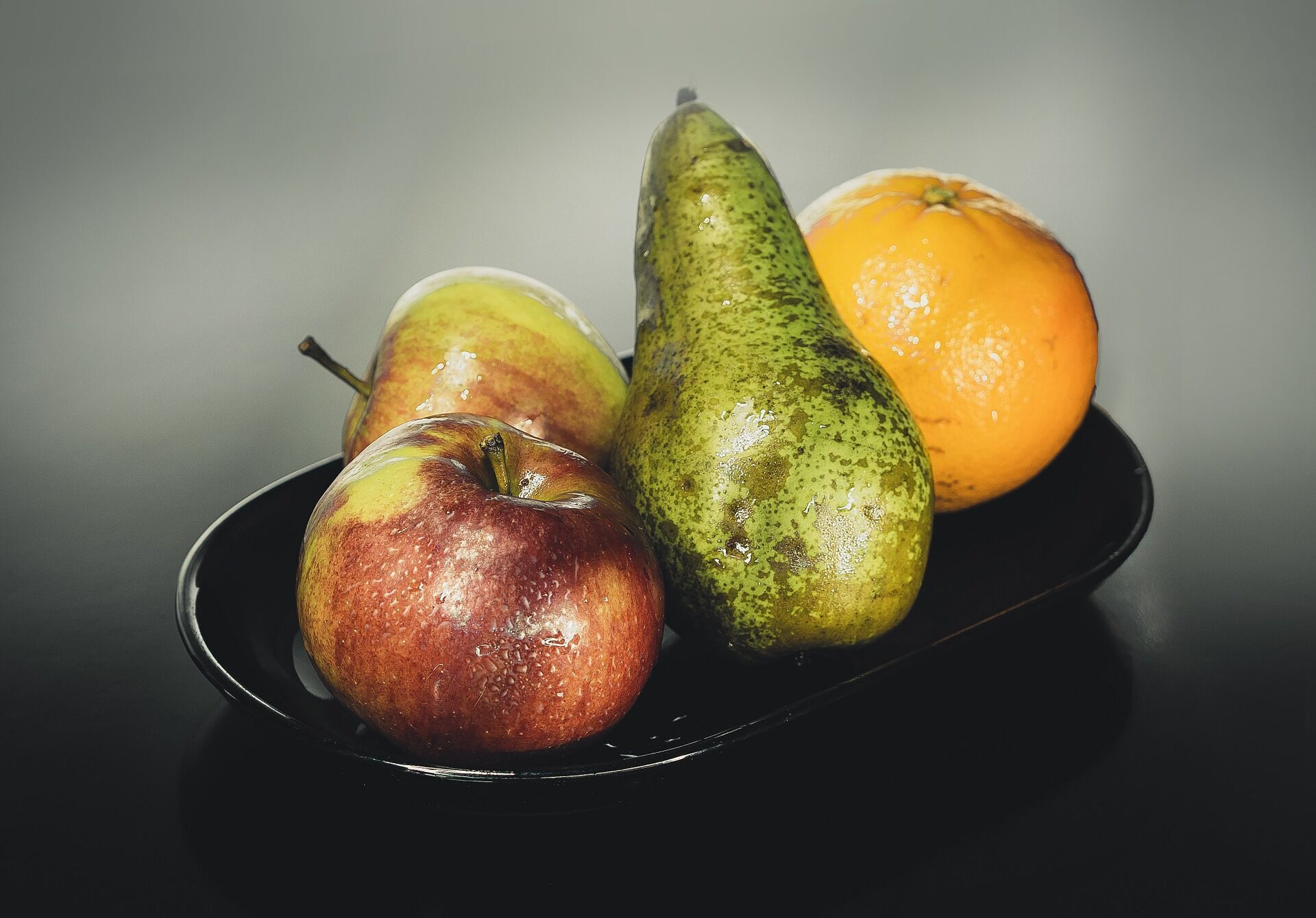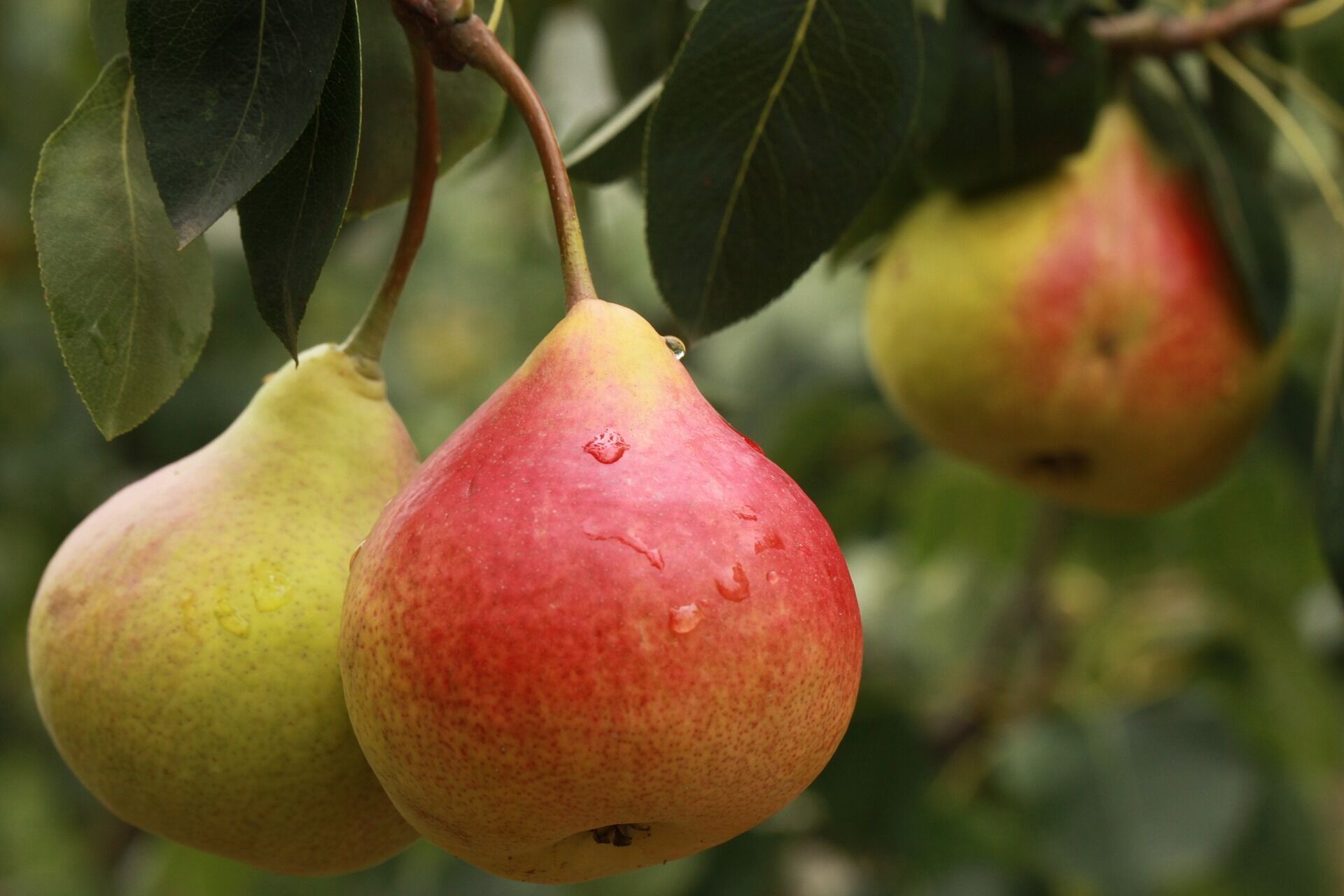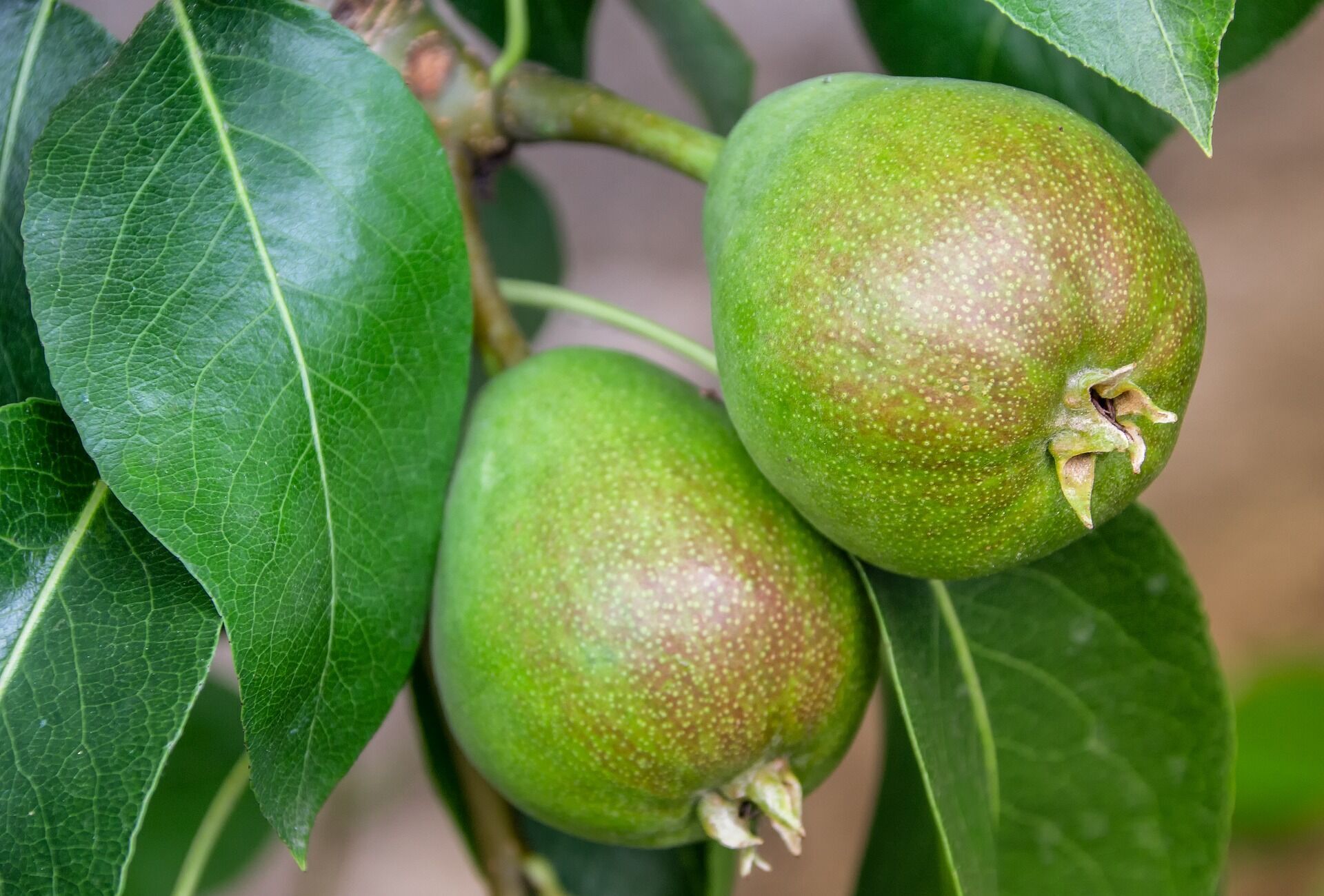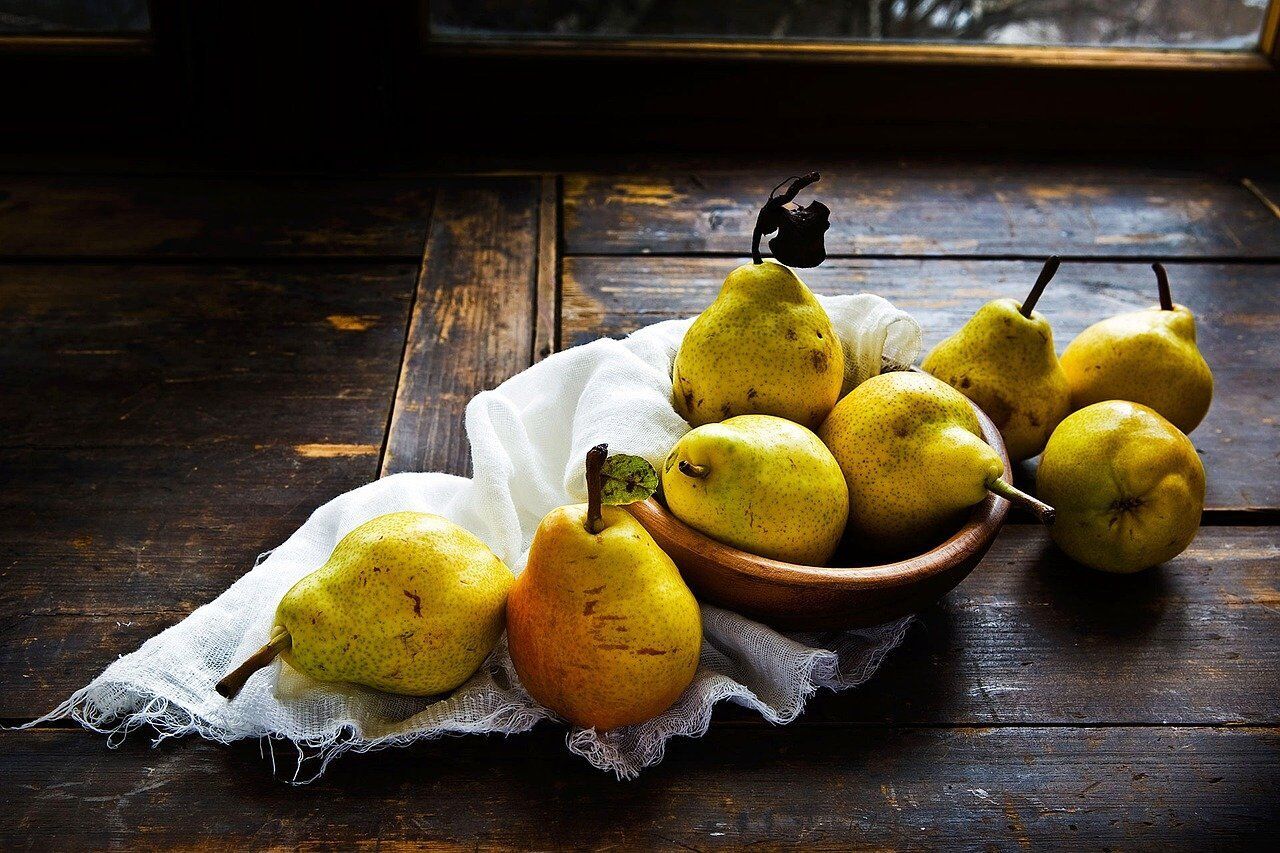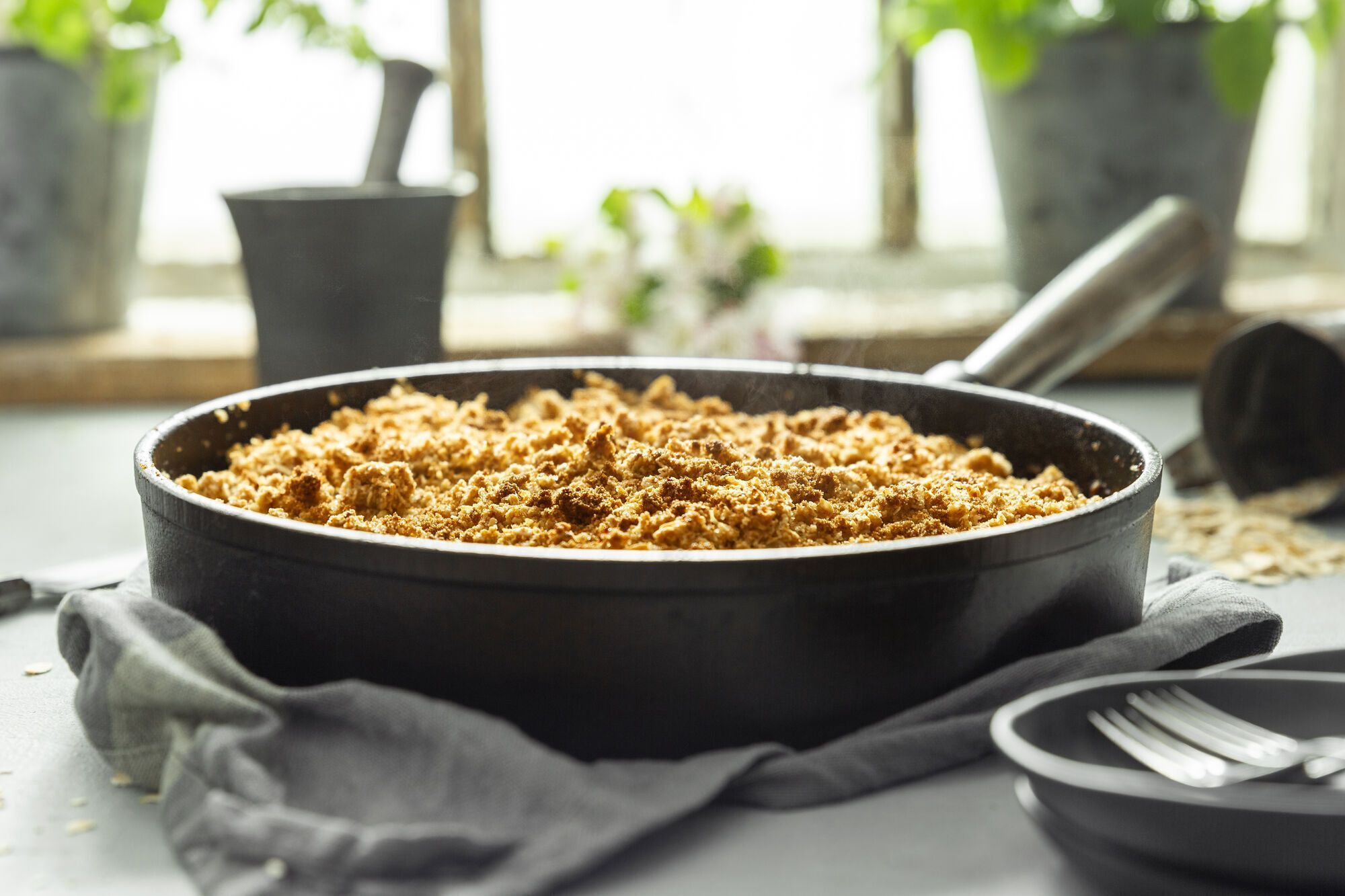LS Food
Svitlana Fus named the most useful properties of pears and explained how much you should eat them
Autumn is a time when you need to be extremely careful about your diet, filling it with healthy and nutritious foods as much as possible. Nutritionists recommend eating as many seasonal fruits and vegetables as possible – apples, plums, pears, dogwood, quince, cabbage, greens, tomatoes, pumpkin, celery, beets, and carrots, which are full of essential vitamins and minerals. And the best thing is to eat them raw.
Nutritionist Svitlana Fus wrote on her Facebook page about the most beneficial properties of pears and named the required and permissible daily intake of these fruits.
To begin with, it is worth noting that pears are a very tasty, sweet, and moderately tart fruit that has a rather characteristic grainy flesh.
What are the benefits of pears?
It is a natural source of dietary fiber. 100 g contains 14% of the daily requirement.
And also in pears: silicon – 17%, copper – 10%, iron – 12% and potassium – 6%.
Vitamin C is not much in it - 5-6%. For example, an apple contains 11% in 100 g of the daily requirement.
Other valuable components include B vitamins, especially folic acid (B9), phenolic compounds, and tannins (tannins).
These nutrients are found mainly in the skin of the fruit.
According to a nutritionist, there are 10-12 g of simple carbohydrates per 100 g of fruit in the pulp. Fructose also prevails, as in the apple, but the pear also contains sweet sorbitol, so it is sweeter than the apple.
Watch your consumption of sweet fruits. Excessive consumption of not only sweets but also fruits can lead to overweight.
Fuss added that potassium compounds have diuretic properties and promote salt excretion. Folic acid plays an important role in hematopoiesis, phenolic compounds strengthen capillaries and have anti-inflammatory effects.
The nutritionist noted that in case of exacerbation of digestive diseases, it is better to refrain from eating pears.
"They contain a lot of fiber, which irritates the intestinal mucosa and increases peristalsis, and a lot of fructose, which, if consumed in excess, can cause increased gas formation," Fus summarized.
It's worth noting that pears can be used to make many delicious dishes: make jam, add to salads, pies, pizza, and compote.
A ripe pear can be stored in the refrigerator for 3-4 days. If you overexpose it, the overripe fruit will change its consistency and will be tasteless due to acetic and lactic acids, which are not present in ripe ones.







